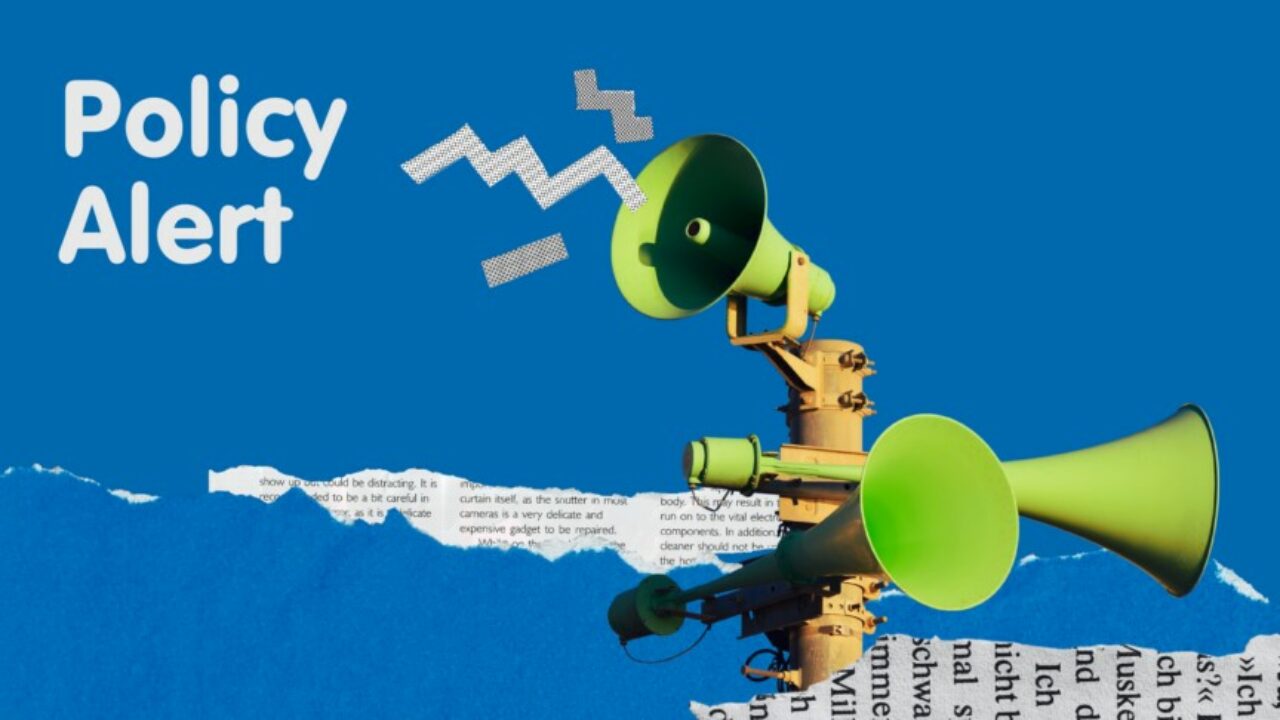After Jenin: A European response to West Bank escalation
Israel’s two-day invasion of Jenin refugee camp killed at least 12 Palestinians, injured over 100, and displaced 3,500 camp residents. Israeli officials maintain that their actions were a necessary response to Palestinian militancy, pointing to the seizure of weapons and explosives as signs of success. But, as yesterday’s attack in Tel Aviv by a Palestinian from Hebron sadly demonstrates, restoring ‘calm’ and ending Palestinian violence remain a long way off.
A route to de-escalation
Israeli commanders have said the army will return to Jenin. Europeans should oppose this. Israel’s operations have created a political and humanitarian crisis and are destabilising the West Bank, where the march towards a new intifada uprising continues unabated. They are also a counterproductive way of dealing with armed groups. Instead, Europeans need to help address the core drivers of escalation:
- Europeans should exert greater pressure on Israel to rein in settlement building. European states should increase their support for international accountability mechanisms such as the International Court of Justice and International Criminal Court – which are both currently examining Israeli actions in the occupied territory.
- As Europeans seek global support in confronting Russian aggression, they should view opposing Israeli violations of international law as an important means of demonstrating commitment to their self-declared values. This could help Europeans counter widespread charges of double standards in the Middle East and beyond.
- Palestinian political disfunction is an additional driver of violent instability. The EU and its member states are the largest donors to President Mahmoud Abbas and his Palestinian Authority (PA). They should leverage this financial clout to help revive Palestinian institutions and foster a more representative leadership.
- Europeans should focus on support for holding national elections and advancing intra-Palestinian reconciliation. This represents an important pathway to containing rising instability, preventing further descent into militarisation, and strengthening the prospect of more viable negotiations in the future.
30 years in the making
The current surge of violence is in large part the result of the settlement policies and open-ended occupation pursued by successive Israeli governments. Thirty years after the launch of the Middle East peace process, these have eroded the political horizon for Palestinian self-determination. The far-right coalition led by Israeli prime minister Benyamin Netanyahu and its shift towards the de jure annexation of Palestinian territory has exacerbated an already deteriorating situation.
Israel’s actions this week have stoked even more Palestinian anger and popular resistance. Having survived to fight another day, Jenin’s armed groups have emerged with a stronger national standing and sense of victory despite their losses. All of this is piling domestic pressure on Abbas and the PA.
The Palestinian leadership is facing a growing crisis of legitimacy and governance in the absence of national elections for over 17 years. In places such as Jenin’s refugee camp, armed groups affiliated with the Iranian-backed Islamic Jihad and Abbas’s own ruling Fatah party now dominate, filling the space left by the weakened PA. Meanwhile, last night’s rocket fire from Hamas-controlled Gaza, mired in its own decades long socio-economic crisis, underscores the potential for dangerous escalation elsewhere.
European attention has drifted away from the Israel-Palestine conflict due to wariness over a protracted stalemate in peacemaking and shifting geopolitical priorities arising from Russia’s illegal invasion of Ukraine. But, with Israelis and Palestinians facing one of the most serious and far-reaching security challenges of the last two decades, European capitals must turn their attention to the West Bank and intensify their efforts at de-escalation.
The European Council on Foreign Relations does not take collective positions. ECFR publications only represent the views of their individual authors.



